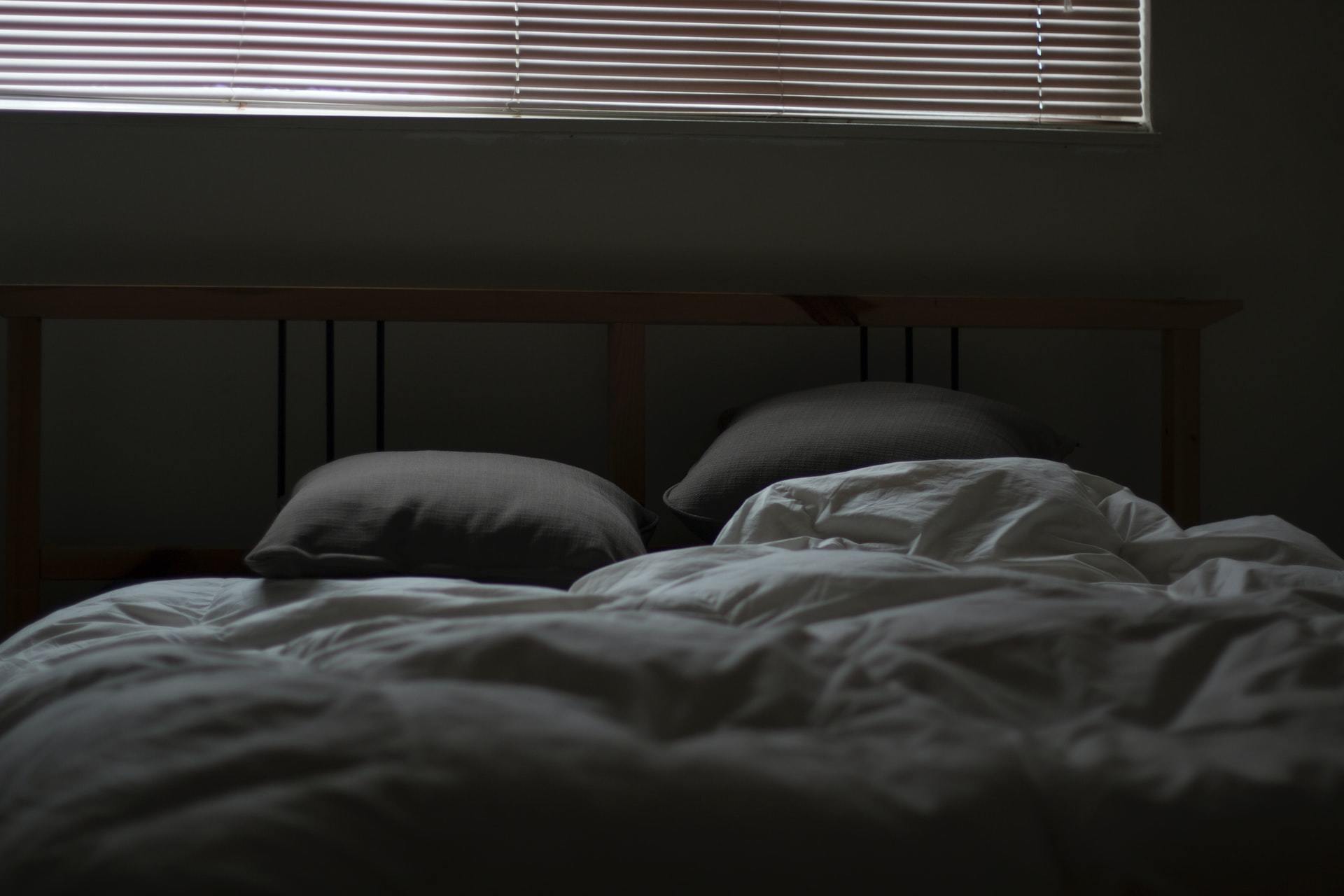7 Tips to Sleep Better at Night
Published 18 October, 2021

Image Source: Unsplash
Everyone should enjoy a good night’s rest. Sleeping well at night is as crucial to our health as eating properly and getting enough exercise. Lack of restfulness at night can cause all kinds of issues, from weight gain to hampered brain function. But with enough sleep, you’ll feel brighter and more productive when you’re awake.
But with our modern lifestyles, instead of sleeping better, most of us are not sleeping well enough. This article looks at seven essential tips that’ll help you sleep better and wake up feeling ready to conquer the world.
Manage Blue Light Exposure Before Bed
When the body’s exposed to light during the day, it feels energized and functions well. As the evening comes, you must ensure to manage your light exposure so that your brain doesn’t think it’s still daytime. When your body thinks the sun hasn’t gone down yet, it reduces melatonin production, and melatonin is the hormone that relaxes you and helps you enjoy deep sleep.
All our electronic devices with screens, like laptops and smartphones, emit blue light in massive quantities. Blue light is not good at night because it completely messes with the body’s circadian rhythm. You must ensure to reduce your blue light exposure in the evenings.
You can do this by changing your computer’s display to warm light, or you could wear blue-light-blocking glasses. Smartphones nowadays have a built-in function to make the display warmer, and you can automate it so that you don’t have to change it every day. Lastly, it’s best to avoid looking at screens (TV, laptop, smartphone) for at least two hours before bed.
More Bright Light During the Day
The body is naturally supposed to get more light during the day, so you must ensure to expose it to plenty of bright light once you’re awake in the morning. Exposure to sunlight or bright light will keep the body’s circadian rhythm in balance. Not to mention, it’ll keep the body energetic and that will directly improve sleep quality.
If you can’t get plenty of sunlight during the day, you might want to purchase a light therapy lamp to get your daily dose of bright light.
Fixed Sleeping and Waking Time
The body’s circadian rhythm is naturally aligned with sunrise and sunset. But because of all the light available to us in the evenings, the body can get tricked into thinking the day isn’t over yet. To set a decent rhythm, you’ll want to have a fixed waking and sleeping time. Irregular sleeping habits can disturb the circadian rhythm and hamper the melatonin levels in the body. Over the long term, having a fixed sleep and wake schedule will help you enjoy deeper rest at night.
Bedroom Environment
The conditions you sleep in can have a big impact on the quality of your rest at night. It’s best to sleep in a space that’s clean, not noisy, and isn’t exposed to bright lights. If you have large windows in your bedroom that bring in too much light even at night, you might want to consider investing in a pair of blackout curtains that’ll create pitch darkness in your room. Sleeping in complete darkness creates more melatonin in the body and makes it easier to slip into deeper states of restfulness.
Temperature is another aspect to keep in mind because too much heat or cold can easily disrupt your sleep. For most people, around 70°F (20°C) will be perfect. However, this is bound to vary with people and you’ll want to experiment and find your ideal bedtime temperature.
Avoid Caffeine in the Evenings
Coffee and sports drink enthusiasts will have to do their best not to consume these in the evenings. The majority of the US population consumes caffeine in some form or the other because it improves focus and energy. But when it’s taken in the evening, it stimulates the nervous system and prevents it from relaxing.
Even if it’s taken 6 hours before bed, it dramatically hampers the sleep quality. For those who are sensitive to caffeine, it’s ideal not to take it in the second half of the day.
Avoid Alcohol at Night
Drinking alcohol at night affects the body’s hormones and quality of sleep. It’s known to reduce melatonin production in the body and prevent deep restfulness, which also messes up the circadian rhythm. Not just that, alcohol consumption at night also decreases the production of human growth hormone (HGH) during sleep, and HGH plays an important role when it comes to recovering during sleep.
Avoid Late Meals
Heavy meals late at night are unhealthy for the body and can significantly lower sleep quality and hormone release. You’ll want to ensure you finish your heavy meals at least 2-4 hours before bed because it'll give your body enough time to digest a decent chunk of the food so that it moves out of the stomach.